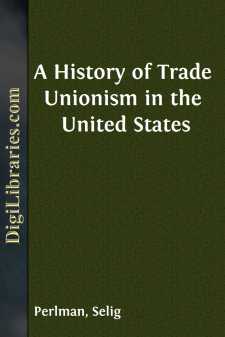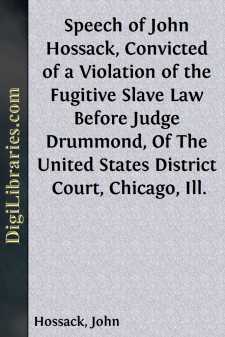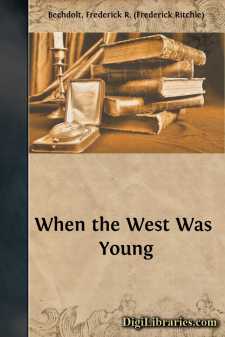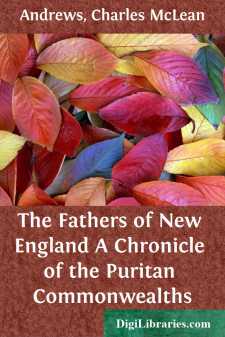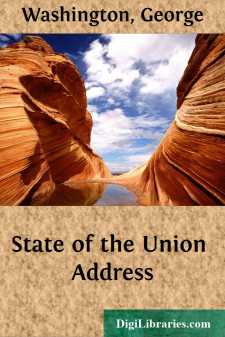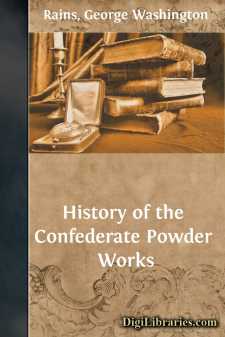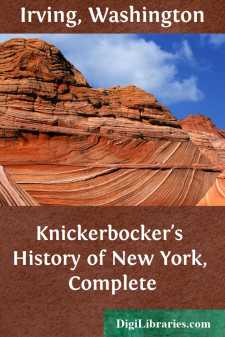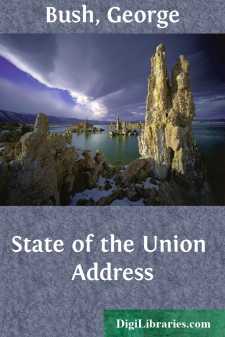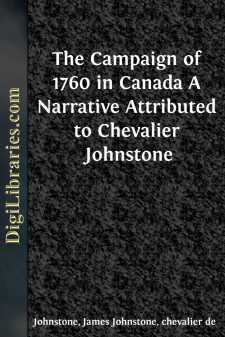History
- Africa 30
- Americas (North Central South West Indies) 50
- Ancient 68
- Asia 58
- Australia & New Zealand 8
- Canada 41
- Caribbean & West Indies 1
- Civilization 20
- Eastern Europe 12
- Europe 310
- Expeditions & Discoveries 60
- General 77
- Historical Geography 1
- Jewish 9
- Latin America 3
- Medieval 8
- Middle East 13
- Military 248
- Revolutionary 8
- Study & Teaching 5
- United States
- Western Europe 56
- World 13
United States Books
Sort by:
by:
Selig Perlman
CHAPTER 1 (1) Early Beginnings, to 1827 The customary chronology records the first American labor strike in 1741. In that year the New York bakers went out on strike. A closer analysis discloses, however, that this outbreak was a protest of master bakers against a municipal regulation of the price of bread, not a wage earners' strike against employers. The earliest genuine labor strike in America...
more...
by:
John Hossack
SPEECH OF JOHN HOSSACK. [At the February term of the U.S. District Court for the Northern District of Illinois, JOHN HOSSACK and JOSEPH STOUT, of Ottawa, were convicted of having aided in rescuing a fugitive slave from the custody of the U.S. Deputy Marshal at Ottawa, Oct. 20, 1859, and sentenced by Judge Drummond to pay a fine of one hundred dollars, and be imprisoned ten days. Mr. HOSSACK is a...
more...
HOW DEATH VALLEY WAS NAMED There were three of us sitting on a pile of lumber in a sun-baked little mining town down near the Arizona border. One of my companions was the sheriff of the county and the other was an old man with snowy beard and sky-blue eyes whom every one called “Mac.” To look at him was to behold a vision of the past. As we were whiling away the time with idle talk something was...
more...
PROCLAMATIONS. BY THE PRESIDENT OF THE UNITED STATES OF AMERICA. A PROCLAMATION. The following provisions of the laws of the United States are hereby published for the information of all concerned: Section 1956, Revised Statutes, chapter 3, Title XXIII, enacts that— No person shall kill any otter, mink, marten, sable, or fur seal, or other fur-bearing animal within the limits of Alaska Territory or...
more...
THE COMING OF THE PILGRIMS The Pilgrims and Puritans, whose migration to the New World marks the beginning of permanent settlement in New England, were children of the same age as the enterprising and adventurous pioneers of England in Virginia, Bermuda, and the Caribbean. It was the age in which the foundations of the British Empire were being laid in the Western Continent. The "spacious times of...
more...
Fellow-Citizens of the Senate and House of Representatives: I embrace with great satisfaction the opportunity which now presents itself of congratulating you on the present favorable prospects of our public affairs. The recent accession of the important state of North Carolina to the Constitution of the United States (of which official information has been received), the rising credit and...
more...
In accepting your invitation to address you on the general history of the Confederate Powder Works, I do so with some hesitation, on account of my close personal connection with a subject which absorbed my thought, time and energies. In the history of a war we find, generally, but little reference to the manufactories engaged in the preparation of material; they had been previously established, and...
more...
INTRODUCTION. KNICKERBOCKER'S HISTORY OF NEW YORK is the book, published in December, 1809, with which Washington living, at the age of twenty-six, first won wide credit and influence. Walter Scott wrote to an American friend, who sent him the second edition—— "I beg you to accept my best thanks for the uncommon degree of entertainment which I have received from the most excellently jocose...
more...
by:
George Bush
Tonight, I come not to speak about the "State of the Government", not to detail every new initiative we plan for the coming year, nor describe every line in the budget. I'm here to speak to you and to the American people about the State of the Union about our world, the changes we've seen, the challenges we face. And what that means for America. There are singular moments in history,...
more...
ATTRIBUTED TO CHEVALIER JOHNSTONE. Hope that heavenly, healing balm, that gift from Providence, blended with persecutions to blunt the sharpness of their sting and hinder the unfortunate from being overwhelmed, and sinking under the load of their afflictions, never dies out—never abandons the distressed. "We don't believe in dangers," says Machiavel, "until they are over our heads;...
more...


